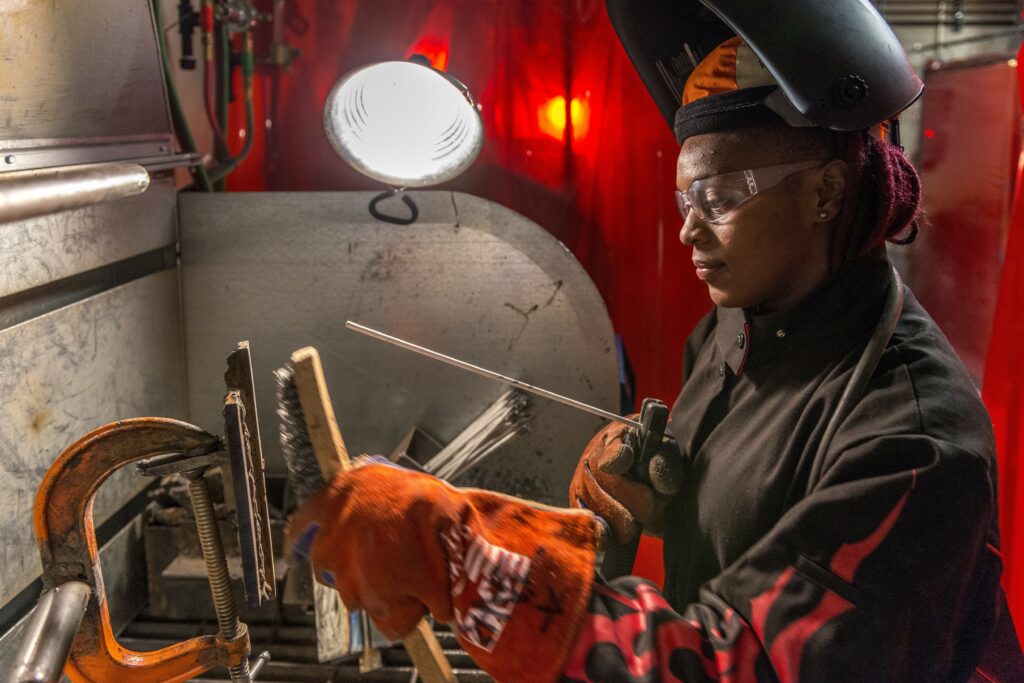



The landmark Blueprint for Maryland’s Future sets an ambitious goal for 45% of Maryland students to graduate from high school with a youth apprenticeship or a certified industry credential by 2030. And for good reason: the U.S. Department of Labor cites data showing average starting salaries over $80,000 for apprenticeship completers, employment retention rates of 90%, and lifetime earnings that exceed those of peers without an apprenticeship. But meeting Maryland’s goals will require a much greater understanding among the public and business leaders about the nature of apprenticeship and its potential applications in non-traditional fields. It will also require policy responses to address the particular challenges to expanding apprenticeship in Maryland generally and Baltimore City specifically.
In Expanding Apprenticeships in Maryland, Linda Dworak of the Maryland Philanthropy Network’s Baltimore Workforce Funders Collaborative, offers an overview of apprenticeship and the current landscape in Maryland and Baltimore. Throughout, the report reflects on several key concerns that would allow an expansion of apprenticeships to have the most impact in Baltimore. These considerations include in supporting equitable participation and outcomes, engaging more employers to offer quality opportunities, expanding programming with an eye toward long-term career building, developing clear policies and goals for Youth Apprenticeships, and developing a more robust system to guide and manage an expansion.
The report concludes with an exploration of the opportunities and challenges for expansion to help inform policy decisions. To help support expansion of apprenticeship in Maryland, policymakers should consider: